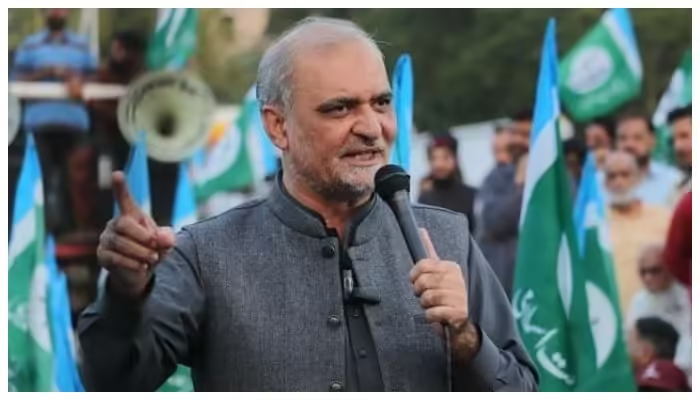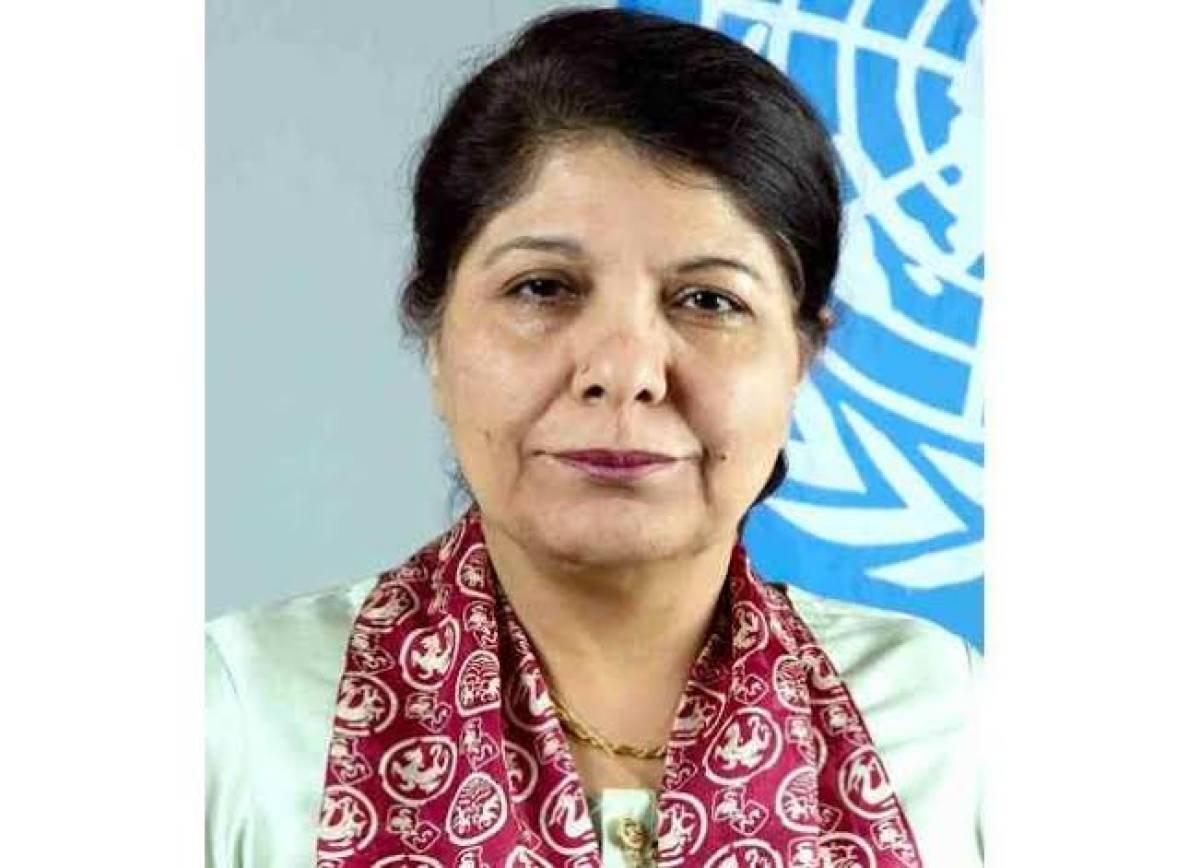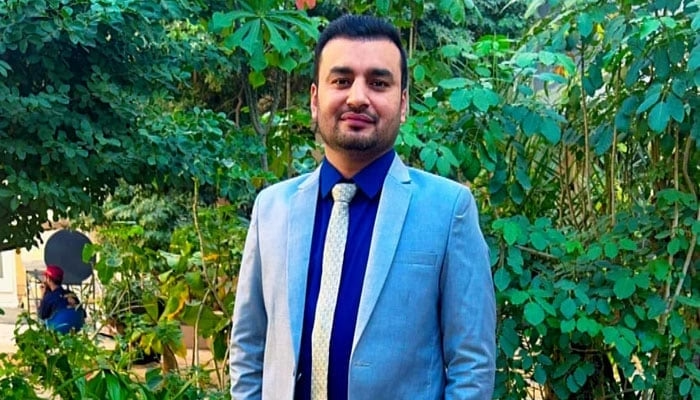Amir Jamaat-e-Islami, Hafiz Naeem-ur-Rehman, recently delivered a fiery address in Rawalpindi, heavily criticizing the government for its handling of the electricity and gas bills, which have seen a sharp increase. The Jamaat-e-Islami leader expressed the frustration of the general public, stating that the government is unfairly burdening citizens by continuously raising utility prices without offering relief.
Rising Electricity and Gas Prices: A Call for Protest
During his speech at a workers’ convention, Hafiz Naeem-ur-Rehman warned that if the government fails to provide relief from soaring utility bills, the public will refuse to pay these inflated charges. His comments came as Pakistanis continue to face skyrocketing electricity and gas prices, placing undue stress on millions of households already grappling with economic challenges.
He urged the government to heed the growing unrest among the populace and take decisive action to alleviate the burden, calling for significant reductions in energy tariffs. Hafiz Naeem further reminded the Prime Minister that the 45-day period provided by Jamaat-e-Islami for the government to address their demands was nearing its end. He made it clear that the people will not remain passive in the face of such economic pressure.
A History of Empty Promises
In his address, the Jamaat-e-Islami leader reflected on the long-standing issues faced by the public under different administrations. He claimed that whether under the leadership of the Pakistan Muslim League-Nawaz (PML-N), Pakistan People’s Party (PPP), or Pakistan Tehreek-e-Insaf (PTI), the result has been the same—policies that benefit the elite while leaving ordinary citizens struggling to make ends meet.
He accused successive governments of exploiting the people by imposing exorbitant electricity and gas bills without any accountability. He described the situation as tantamount to “sucking the blood of the people,” a stark metaphor for how severe the impact of the rising costs has been on everyday Pakistanis.
Inequality and the Control of Resources
Hafiz Naeem-ur-Rehman also raised concerns about the broader economic and political landscape, accusing the country’s elites of controlling national resources while the rest of the population is forced to shoulder the financial burden. He highlighted the lack of taxes on landlords and questioned why ordinary people are forced to pay for electricity that is not even being generated effectively. The energy sector, he argued, is mismanaged, with a small group of individuals reaping benefits while the public continues to suffer.
The Role of the Independent Power Producers (IPPs)
One of the critical demands raised by Hafiz Naeem-ur-Rehman was the termination of contracts with Independent Power Producers (IPPs). He claimed that these contracts are unfairly structured and contribute significantly to the high cost of electricity in Pakistan. According to him, the agreements between the government and IPPs are designed to benefit private companies at the expense of the public.
He further pointed out that despite the continuous promises of reforms and relief from successive governments, no meaningful changes have been implemented. Jamaat-e-Islami, he stated, had already organized protests and shut down shops in the past as part of their campaign against these rising costs. However, if the government fails to act now, he warned that they will intensify their protests, which could include nationwide strikes.
A Call for Nationwide Action
In his closing remarks, Hafiz Naeem-ur-Rehman reiterated his call for the government to take immediate action to reduce the electricity and gas prices, failing which, he predicted that the people will rise in protest. He declared that Jamaat-e-Islami will “jam the wheels” of the country, hinting at a potential mass mobilization if their demands are not met.
He warned the Prime Minister and government officials to listen to the voices of the people before it is too late. According to him, any further delays or inadequate responses will result in a wave of civil disobedience, with citizens refusing to pay their electricity and gas bills as a form of protest.
Hafiz Naeem-ur-Rehman’s speech highlights the growing frustration and anger among Pakistan’s populace regarding the increasing costs of basic utilities like electricity and gas. His warnings of civil disobedience and mass protests underscore the seriousness of the situation. As the government approaches the end of the 45-day deadline given by Jamaat-e-Islami, the coming days will be critical in determining whether any relief is provided to ease the financial burden on ordinary Pakistanis. If not, the country could see a significant escalation in protests, as Hafiz Naeem-ur-Rehman and Jamaat-e-Islami prepare to lead the charge for change.



